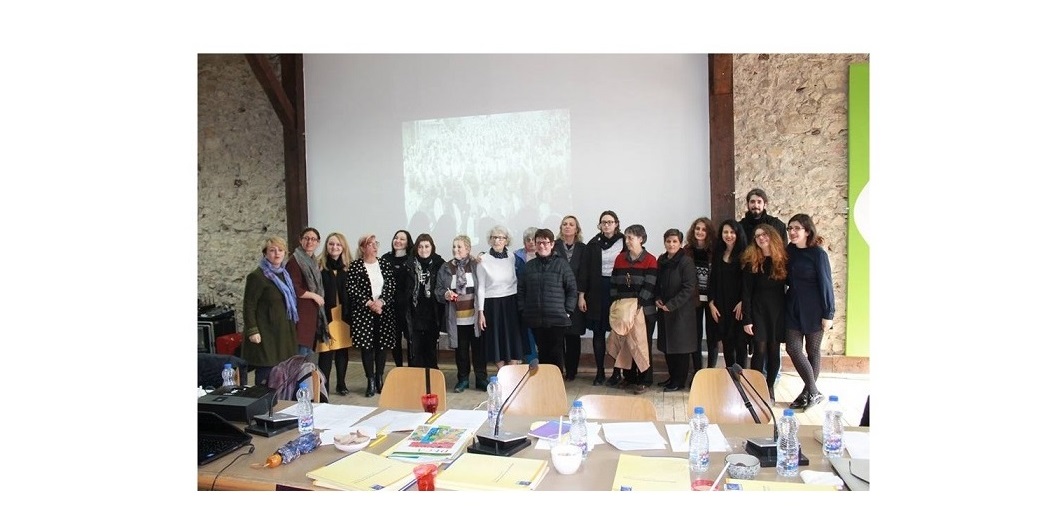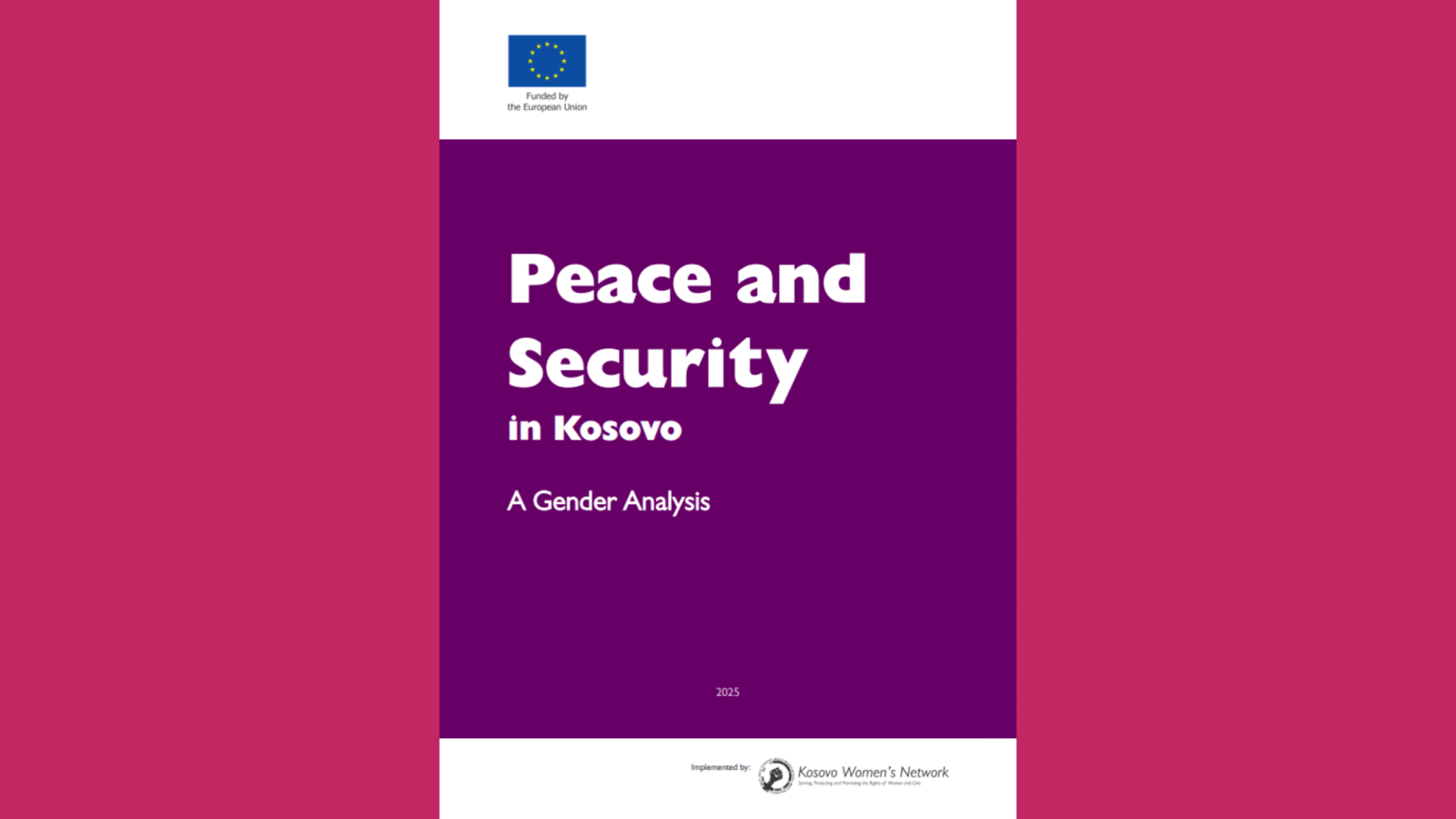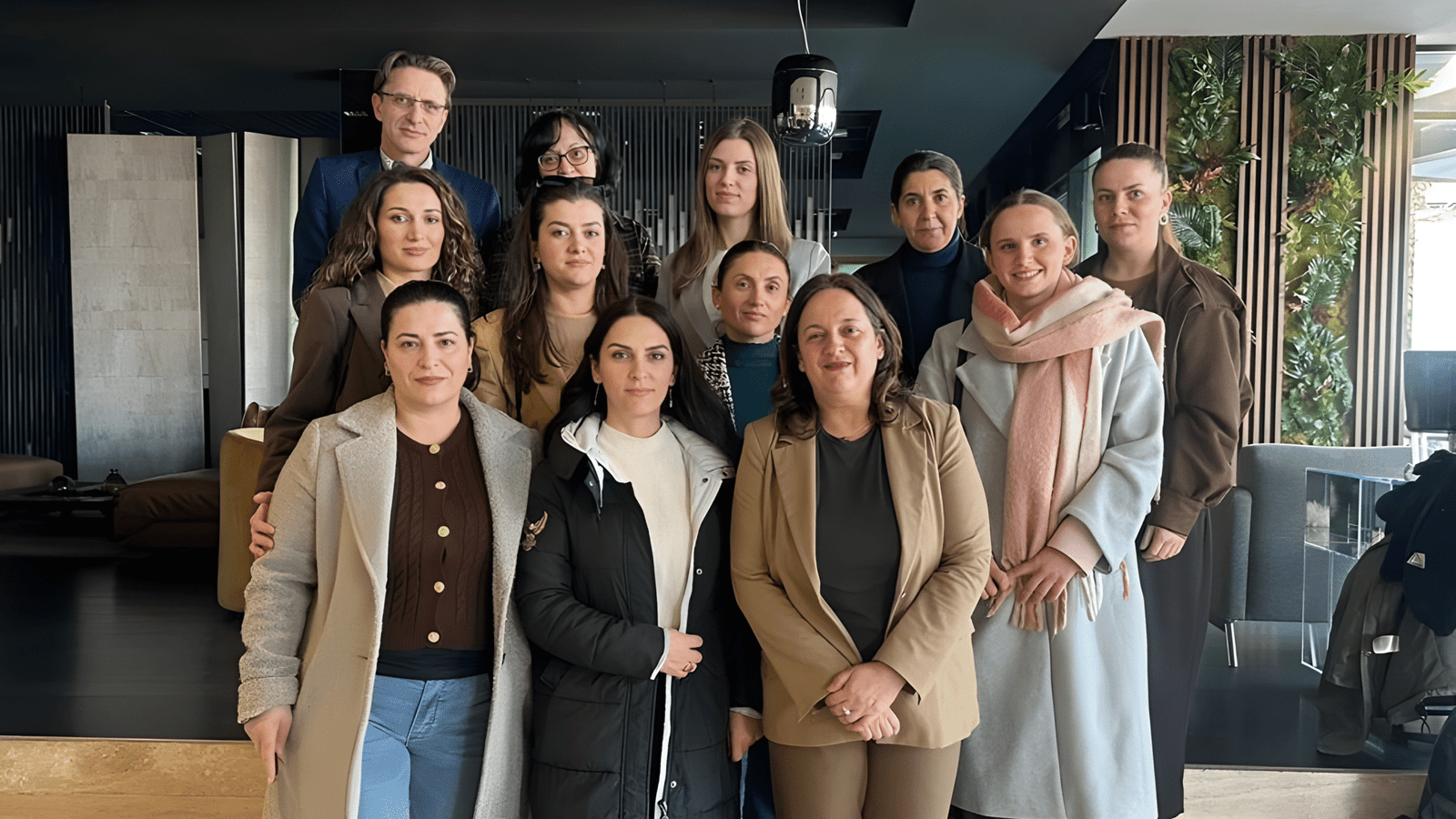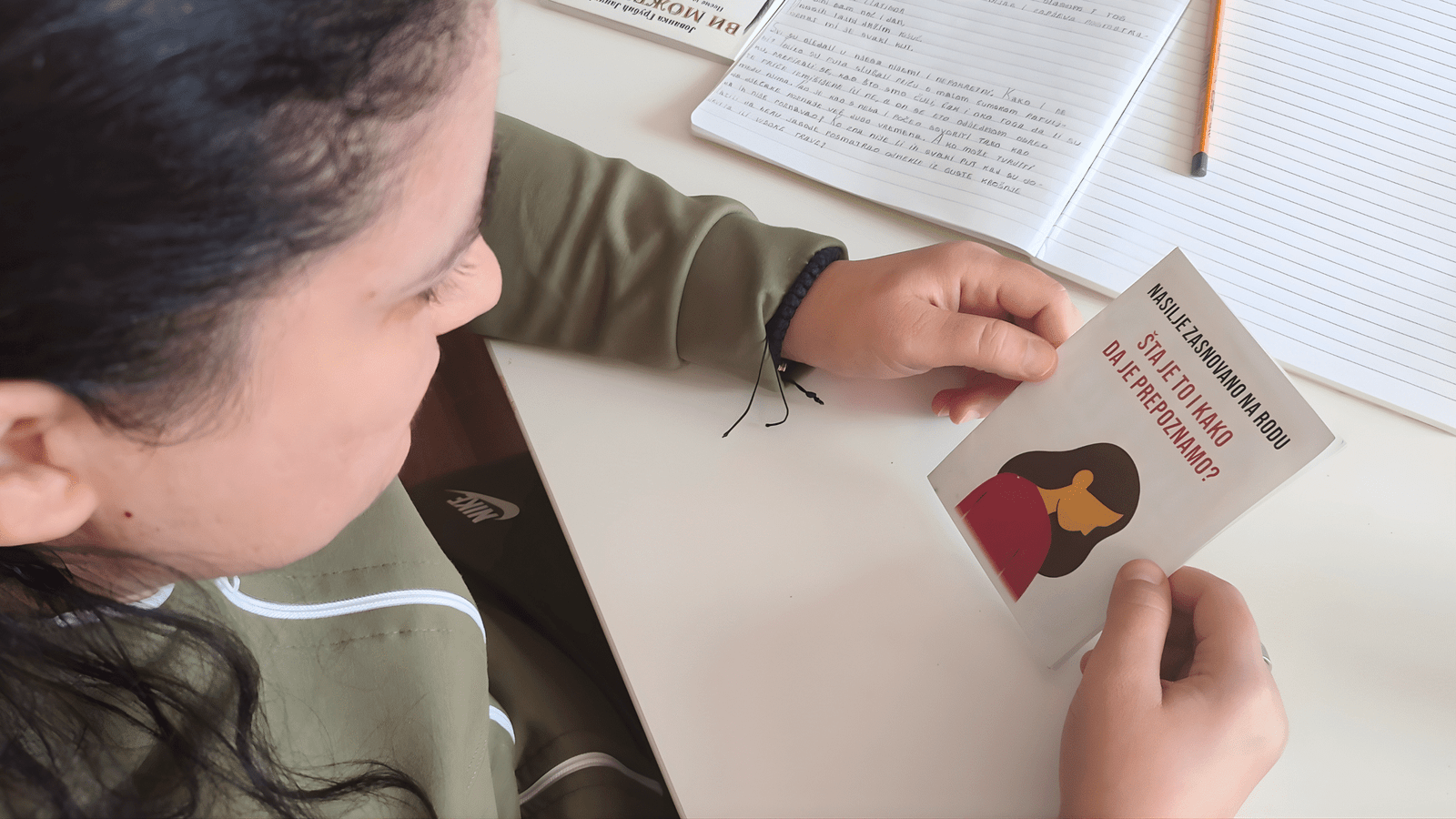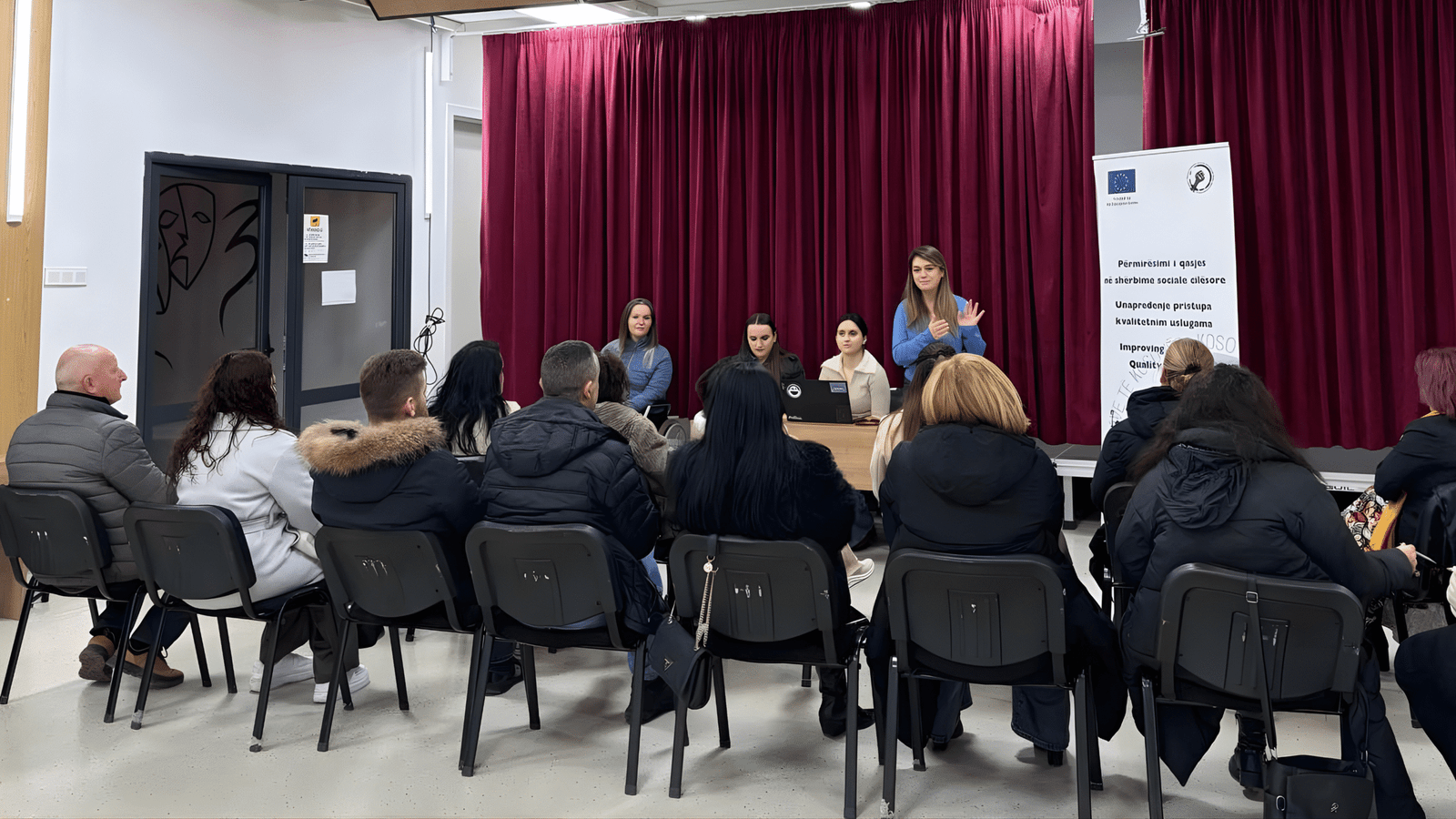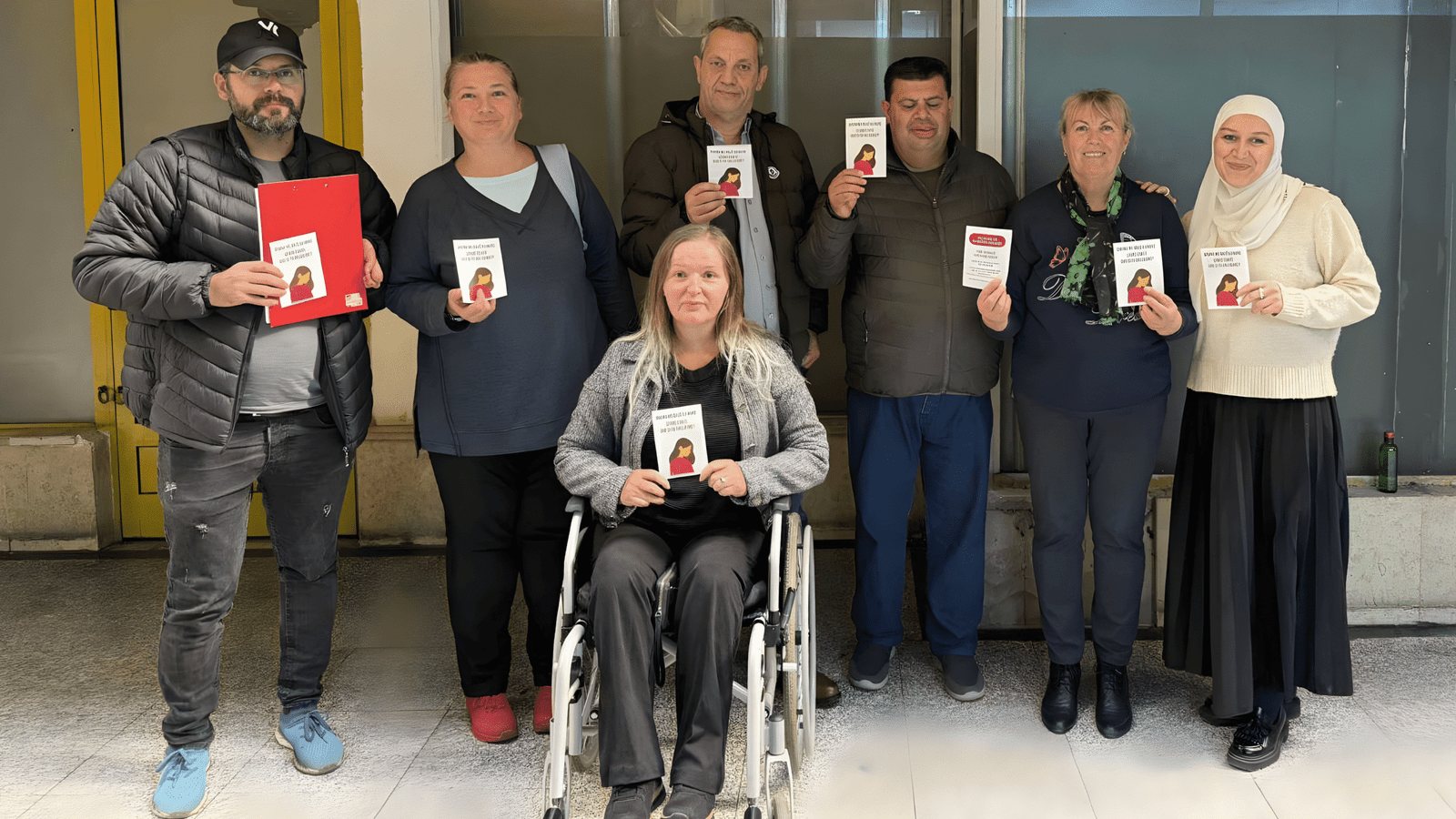What happens when you put the greatest feminist thinkers and activists from the late 80ies and 90ies from the Balkans together in one room? You get inspired, touched and amazed. On the 27 Feb., ForumZFD, Alter Habitus – Institute for Studies in Society and Culture and University Program for Gender Studies and Research organized the 5th Atelier within the framework of the Memory Mapping Kosova project that explores official but contested memory sites and past events titled “Feminist Conversations: History, Memory and Difference”. Panelists included: Igo Rogova, Sevdije Ahmeti, Lepa Mladjenović, Shukrije Gashi, Staša Zajović, Nazlije Bala, Nela Pamuković, Daša Duhacek, Aferdita Kelmendi it was moderated by Linda Gusia, Nita Luci and Vjollca Krasniqi.
Even though the organizers set out some questions around which the debate and talks could develop, it was Sevdije Ahmeti who proposed that the women would tell the stories of how they met. Unexpectedly, this resulted in the crowed not only being moved emotionally but it also provided a lot of historical information about the feminist movement in this region.
For, historically, women’s activism, everyday life experiences, mobilization and networking are in most part excluded from formal political space, commemoration and dominant meta-narratives. On the hegemonic national narratives, and history, women have predominantly been represented as grieving mothers and/or victims of war. Women’s experiences of struggle and resistance, peace building efforts and the ways in which their mobilization affected the transformation of society have altogether been secluded from history and remembrance practices.
Following the violent break-up of Socialist Yugoslavia and the wars of the 1990s women were not mere spectators and victims.
They mobilized in resistance to war and violent nationalist politics. This action entailed cooperation across ethnic divides and borders.
Thus women’s activism has constituted women as agents of change and politics, and power.
A day-long panel discussion with women activists from Kosovo and the region resulted in the narration of and accounts on histories and the memory of women’s activism as remembered and interpreted by women activists themselves.

